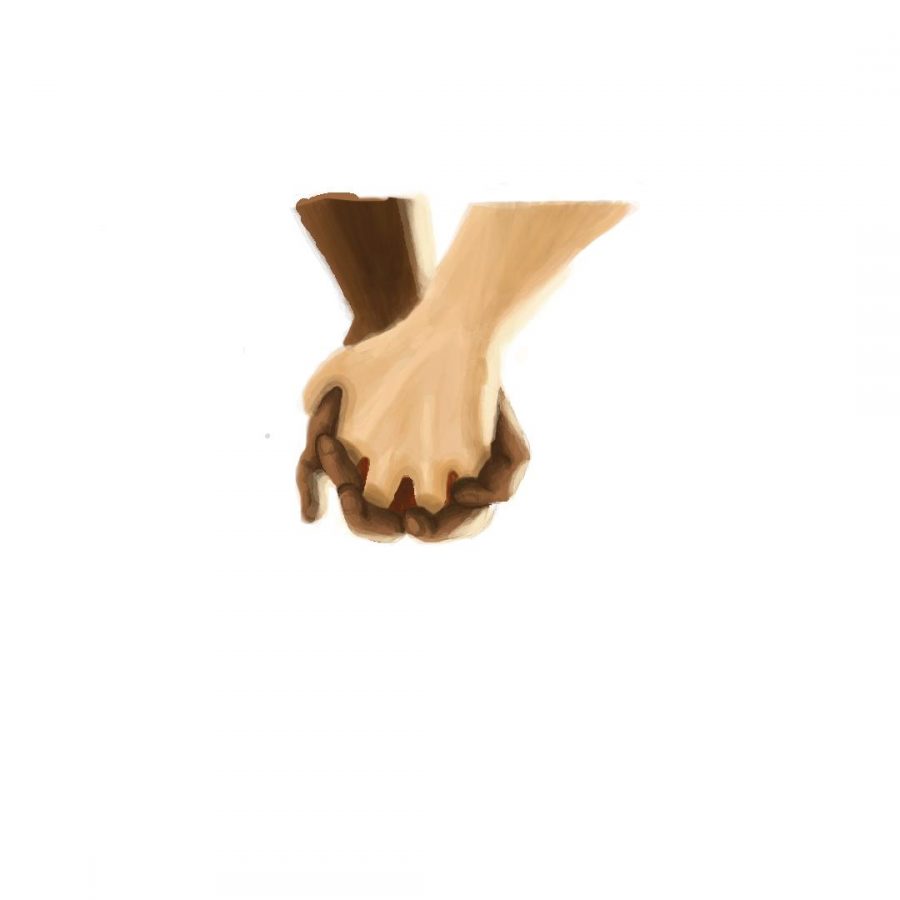Ah yes, high school relationships. We have moved past the time of middle school when “messengers” told our crushes that we like them, and we are now able to formulate our feelings into words–sometimes. We are also relatively comfortable with physical attraction. That is not to say, however, that teenagers are mature enough to handle the many complexities of a romantic relationship. The teenage brain is not developed enough to process situations and make appropriate decisions. Hormones can often blur reality and exacerbate emotions. These factors impact day-to-day interactions in high school, especially those of a romantic nature. Though some couples can enjoy a mutually healthy relationship, many struggle to do so, leading to unbalanced relationships where one person has power over the other. This can often lead to abuse; below I will address the different types of abuse, the signs of an unhealthy relationship, and what to do when seeking help.
What are the different types of abuse seen in a relationship?
Physical abuse is an act of assault or battery on a significant other. one in ten high schools students have been intentionally physically harmed by a significant other.
Emotional abuse, or psychological abuse, is where one person demeans the other’s personality, character, or being. This can often lead to anxiety or depression.
While more applicable to adults in an abusive relationship, economic abuse is where one person controls the other’s spending habits and amount of money they can have at a time.
Sexual harassment, unwanted touching, coercion into sex, and rape all fall under the umbrella of sexual abuse.
Although it is not not as common in our community, spiritual abuse consists of using one’s religious beliefs against someone, or using religion to justify abusive behavior.
Stalking and digital abuse are also very serious issues. Digital abuse can facilitate sexual or verbal abuse, but also leads to unique behaviors like a significant other constantly calling or texting their partner, or constantly checking and controlling their social media.
What are the signs of an unhealthy relationship?
Perceived superiority: An unequal balance of power is often caused by the an unequal balance of power where one person in a relationship has power over the other. This makes them feel that they have the right to tell their partner what to do, what to and what not to wear, to make decisions for them, and to unfairly blame their partner for issues in the relationship.
Possessiveness: When one partner thinks that they“own” the other partner. This can be seen in constant check-ups, constant blaming, and their desire to have their partner all to themselves, keeping their partner from their friends and family.
Rigid gender roles: Gender roles are enforced by society and ingrained into people’s minds. Many know no other way of thinking when they enter an intimate relationship. A partner may believe that the woman should do all the cooking, shopping, and remain hidden, while men should be dominant and strong in the public’s eye. Many men expect a woman to be submissive and obedient, and to submit to the other’s sexual desires, which reinforces their supposed superiority. This warning sign is more applicable to heterosexual relationship abuse, though abuse also occurs within same sex relationships at comparable rates to straight couples and women can also be perpetrators.
It’s also important to note that within an abusive relationship, both partners can still feel love and joy. After every abusive interaction follows love for a decent period of time. The next occurrence of abuse becomes a little more severe, but the love that follows is even more intense. When it is time for victims to leave for the sake of their safety, they often feel incredibly conflicted. Yes, all couples fight and encounter rough patches in a relationship, but not in forms of unequal relating and violence.
What do you do if you think you or someone you know may be in an abusive relationship?
People in an abusive relationship are not alone. One in three adolescents experience dating abuse, and domestic violence is the leading crime within Marin County. Talk to a friend for emotional support and contact your local youth services for confidential advice and counseling. Nobody deserves abusive treatment, and no one should fight alone to escape an unhealthy relationship.
Quiz: http://www.loveisrespect.org/for-someone-else/is-my-relationship-healthy-quiz/
Hotline #: (415) 526-2557
Want to talk to someone in person, confidentially? Go to: Teen Tuesdays, Huckleberry Youth Clinic, San Rafael


